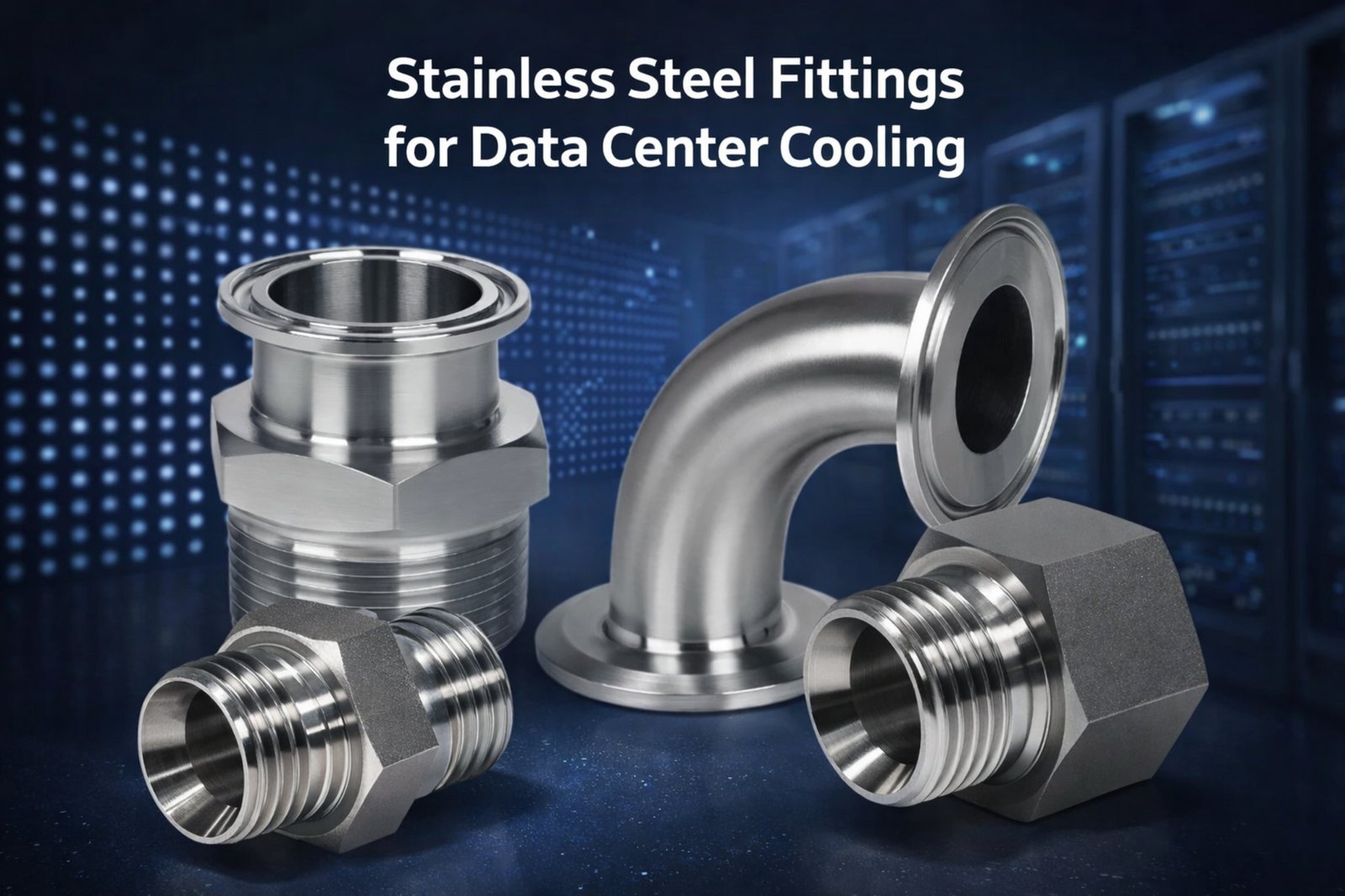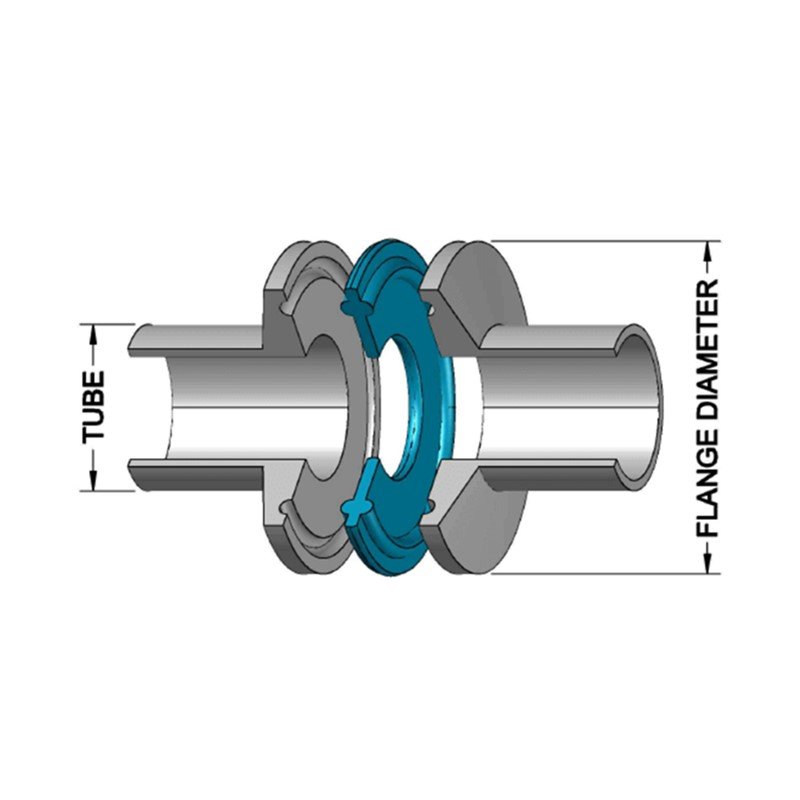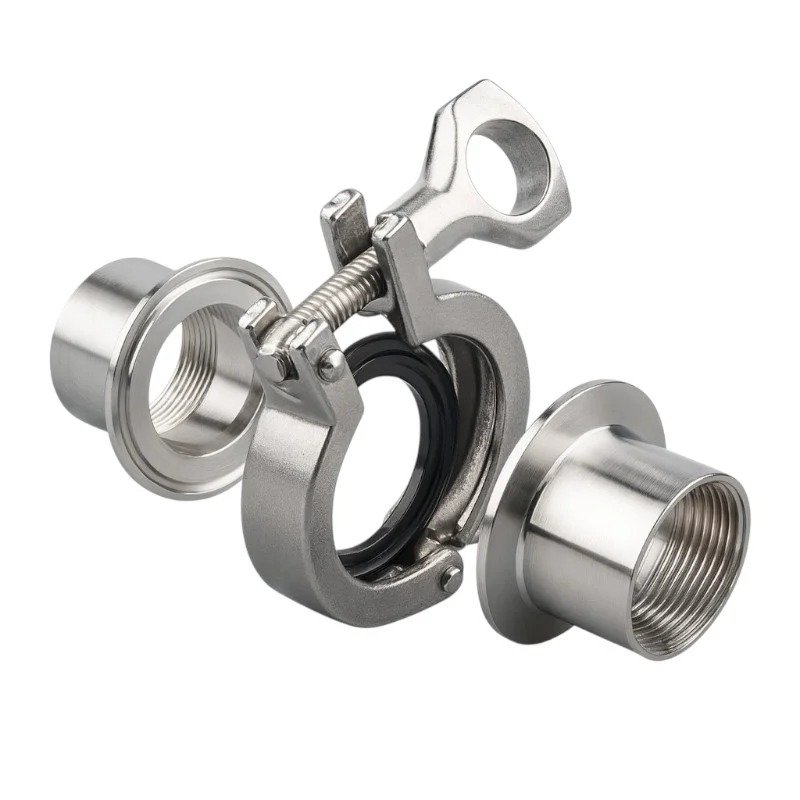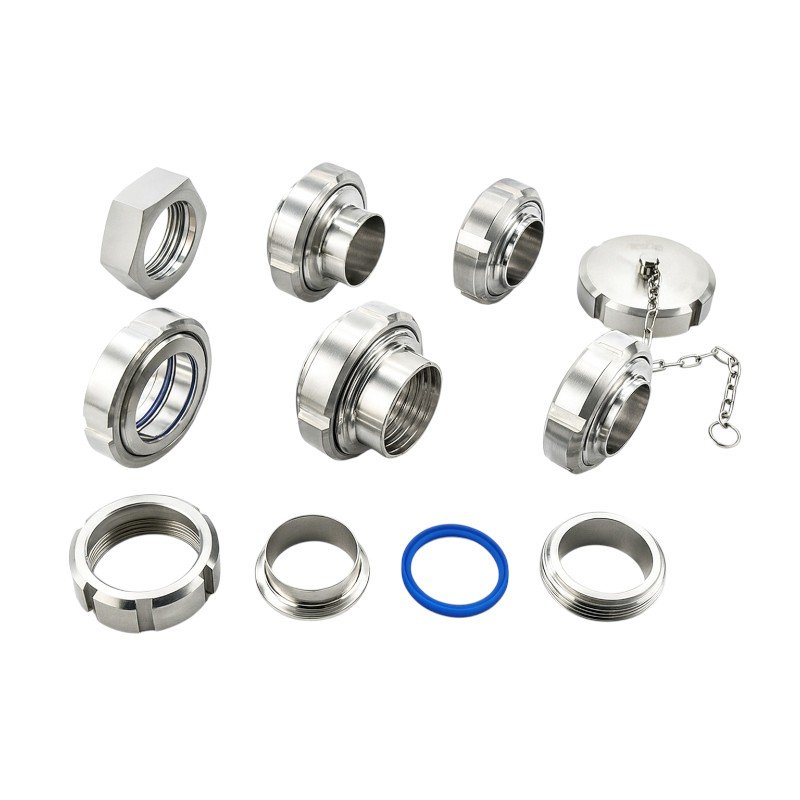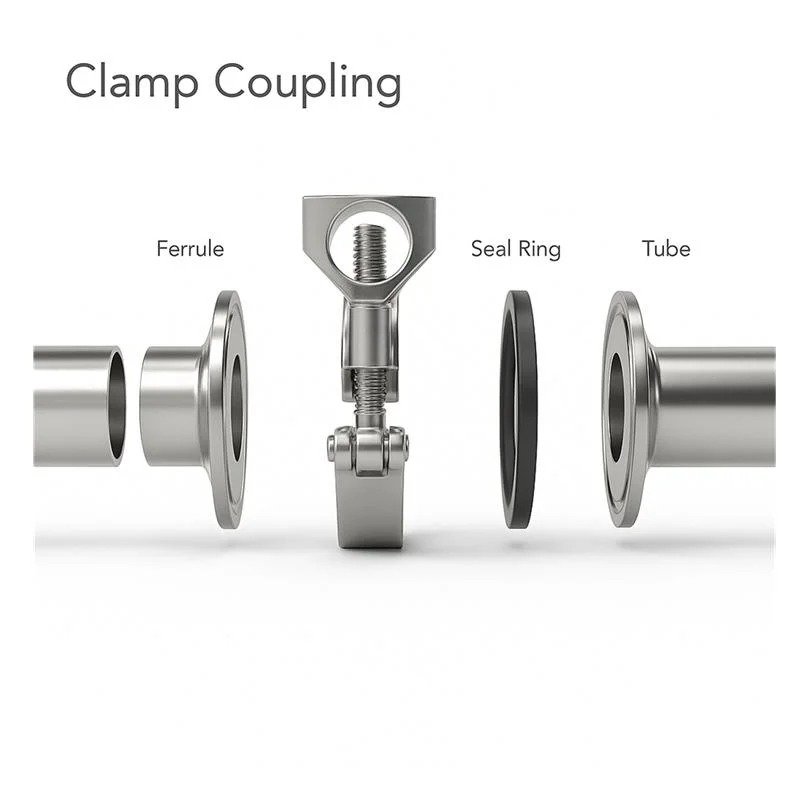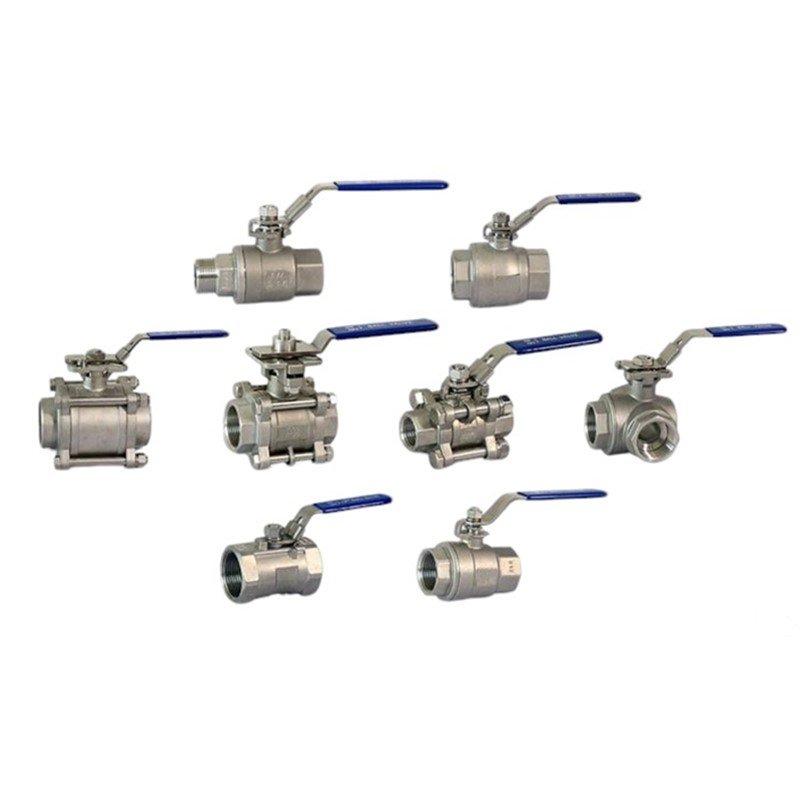
In today’s industrial landscape, the efficiency of systems often hinges on the quality and performance of components like valves and fittings. Are stainless steel valves the secret to improving efficiency across diverse industries?
Stainless steel valves play a crucial role in enhancing industrial efficiency. They provide a high level of reliability, performance, and durability, which directly impacts productivity. By offering excellent resistance to corrosion and wear, these valves ensure that fluid control systems work efficiently without costly downtime.
Understanding the specific advantages, functions, and best materials for industrial valves can help businesses optimize their systems. Let’s dive into how stainless steel valves and fittings contribute to overall industrial efficiency.
What is the advantage of stainless steel valves?

Stainless steel valves are widely used in many industries, but what sets them apart from other materials?
The key advantage of stainless steel valves lies in their strength, resistance to corrosion, and ability to handle high pressures. Stainless steel offers durability that can withstand harsh environments, making it ideal for industries dealing with high temperatures, chemicals, or extreme conditions.
Stainless steel valves are often the go-to choice for industries like oil and gas, chemical processing, water treatment, and power generation. Let’s look at some of the main benefits:
Durability and Longevity
One of the biggest benefits of stainless steel valves is their durability. Unlike valves made from other materials, stainless steel valves can last much longer under high stress and harsh conditions. Whether it’s high temperature, pressure, or corrosive substances, stainless steel holds up well, reducing the need for frequent replacements.
Resistance to Corrosion
Stainless steel is resistant to rust and corrosion, making it a prime choice for industries that deal with corrosive chemicals or environments. This resistance helps avoid costly maintenance and downtime, ensuring systems operate smoothly for longer periods.
Strength and Pressure Resistance
Stainless steel is a robust material capable of handling high pressures. This makes it ideal for critical industrial applications where failure is not an option. The strength of stainless steel ensures that the valves will function properly, even in high-stress environments.
Low Maintenance Costs
Since stainless steel valves require less frequent maintenance, businesses save money in the long run. The longevity and reliability of these valves mean fewer repairs, inspections, and replacements, contributing to overall cost savings.
Improved Efficiency
Finally, the overall efficiency of industrial systems improves with stainless steel valves. Because these valves can handle demanding tasks without degradation, they ensure that production lines run smoothly without interruptions caused by valve failures.
What is the function of valve in industry?
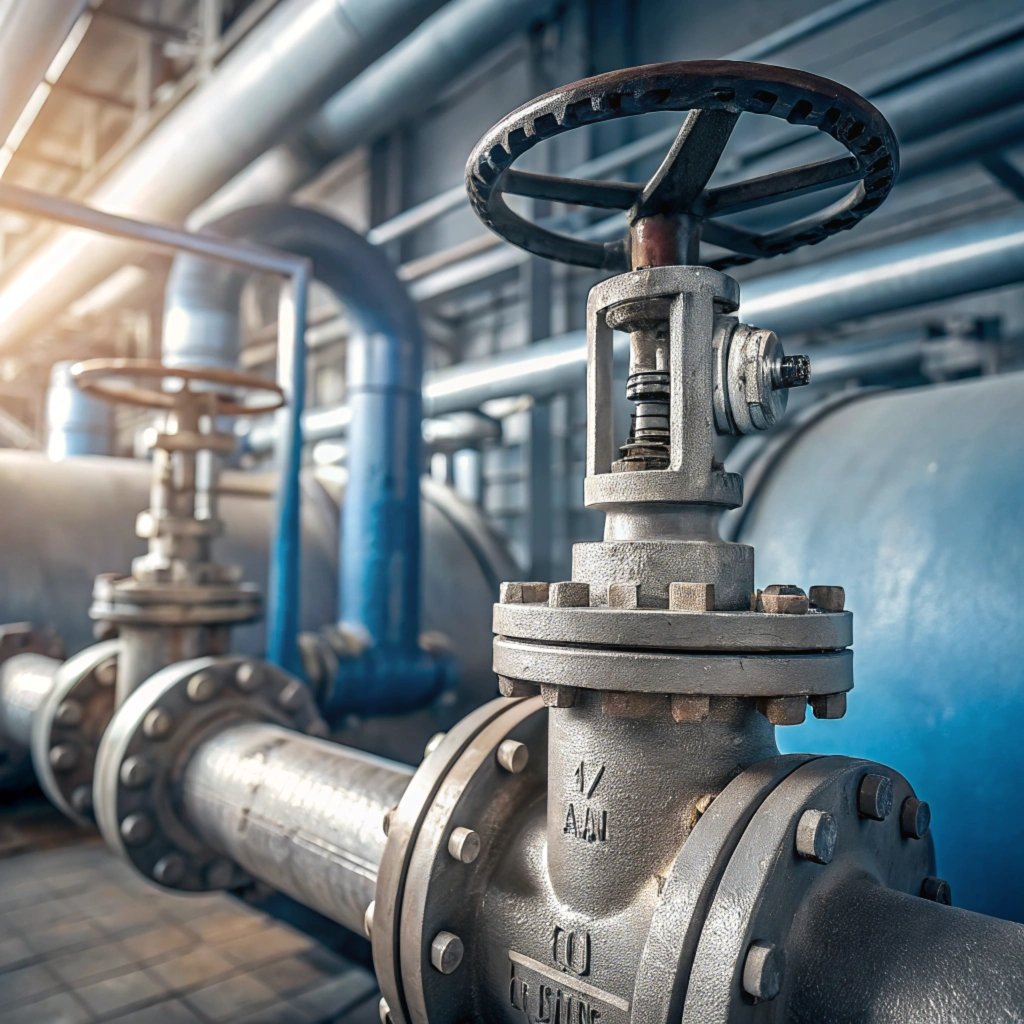
The function of valves in industrial systems is far from simple. These components play a critical role in controlling the flow of liquids, gases, and other substances in a wide range of systems.
Valves act as control mechanisms for the movement and regulation of fluids within pipelines and machinery. They manage everything from the pressure within a system to the flow rate, and even temperature control in certain applications. Without valves, industries would struggle to maintain the safety, reliability, and efficiency of their operations.
Controlling Fluid Flow
At its core, a valve’s function is to regulate the flow of a fluid (liquid or gas) through a pipe or system. By adjusting a valve, operators can increase or decrease the amount of flow that moves through the system. This is essential for maintaining the right operating conditions in various industries, from chemical processing to water treatment.
Pressure Regulation
Valves are also critical for maintaining pressure within industrial systems. Pressure relief valves, for example, help release excess pressure to prevent equipment failure. This ensures the safety of personnel and equipment, while also maintaining optimal system efficiency.
Temperature Control
In some applications, valves help control the temperature of fluids as they move through a system. This is particularly important in industries like oil and gas, where extreme temperatures can impact the flow and behavior of substances.
Directing Flow
Valves are also used to direct the flow of fluids to different parts of the system. This is especially useful when a fluid needs to be sent to multiple locations or routed to specific equipment.
Ensuring Safety
Beyond functionality, valves are often used as safety devices. Safety valves or shut-off valves help to isolate dangerous or hazardous substances in case of a failure or emergency. This is crucial in industries where high-risk chemicals or gases are used.
Preventing Leaks
Another key function of valves is preventing leaks, which could otherwise result in catastrophic failures, environmental damage, or safety hazards. The seals in valves are designed to be highly effective at keeping fluids where they should be.
What is the best metal for valves?
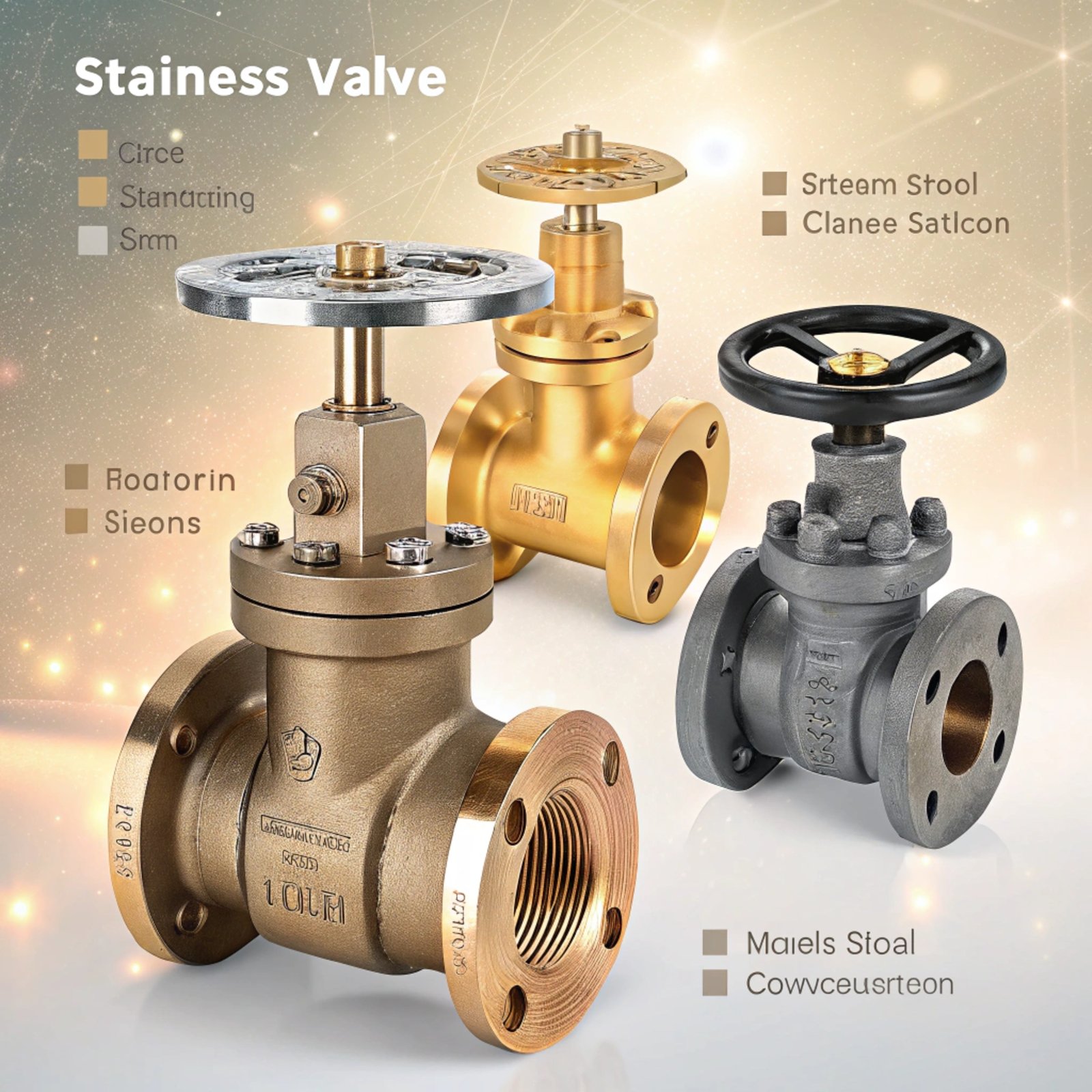
Choosing the right material for valves is essential for ensuring their longevity and functionality. But which material is best?
While there are several materials used in valve manufacturing, stainless steel is often regarded as the best choice due to its balance of strength, durability, and resistance to corrosion. Let’s compare stainless steel with other common valve materials to understand why it stands out.
Stainless Steel vs. Other Metals
| Property | Stainless Steel | Brass | Cast Iron | Plastic |
|---|---|---|---|---|
| Corrosion Resistance | Excellent | Moderate | Poor | Poor |
| Strength | High | Moderate | High | Low |
| Temperature Resistance | High | Low | Moderate | Low |
| Pressure Handling | Excellent | Moderate | High | Low |
| Durability | Long-lasting | Moderate | Moderate | Low |
Why Stainless Steel?
-
Corrosion Resistance: Stainless steel valves resist corrosion better than most metals. This makes them perfect for handling aggressive or harsh chemicals that would deteriorate other materials.
-
Strength and Durability: Stainless steel is strong, able to handle high pressures and extreme temperatures, making it a versatile choice across various industries.
-
Versatility: Stainless steel valves are suitable for a wide range of applications, from food and beverage to chemical processing, due to their versatility and reliability.
-
Maintenance: Compared to brass, cast iron, or plastic valves, stainless steel valves require much less maintenance due to their strength and resistance to wear and tear.
Other Metals
While stainless steel remains the top choice, there are situations where brass, cast iron, or even plastic might be preferred. For example, brass valves are often used for lower-pressure applications in the water and heating industries. Cast iron is still popular for its strength and cost-effectiveness, particularly in large-scale, low-maintenance systems.
What is the importance of valves?
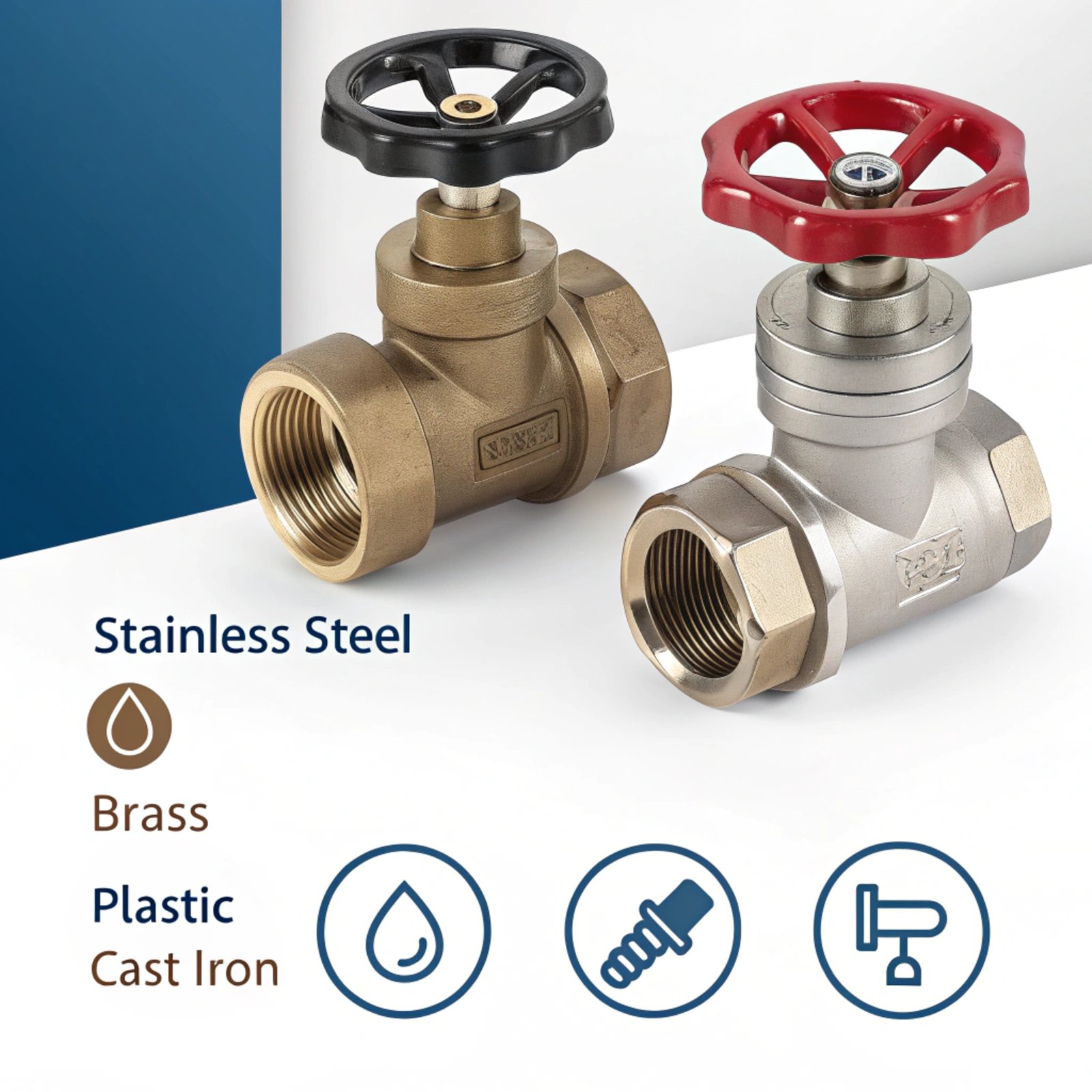
Valves are often underestimated in terms of their importance in industrial systems. But without them, many industrial processes would be inefficient, unsafe, or even impossible.
The importance of valves cannot be overstated. They ensure systems function smoothly, safely, and effectively. From regulating fluid flow to ensuring safety and preventing damage to equipment, valves are integral to industrial success.
Optimizing Process Efficiency
By controlling the flow of fluids, valves allow industries to optimize their processes. They enable precise regulation of the system, which is critical for achieving desired results in industries like chemical processing, oil refining, and power generation.
Ensuring System Safety
Valves contribute to system safety by regulating pressure, controlling temperature, and preventing backflow. Safety valves and pressure relief valves are essential for protecting workers and equipment in industries that deal with hazardous substances or high-risk environments.
Minimizing Downtime
Well-maintained valves reduce the risk of system failures and downtime. Since valves control fluid and pressure flow, malfunctioning valves can cause significant disruptions. By ensuring that valves are high quality and reliable, industries can avoid costly downtime.
Reducing Operational Costs
Investing in high-quality valves like stainless steel ones can reduce long-term operational costs. Due to their durability, stainless steel valves require less maintenance and are less prone to failure, saving both time and money.
Enhancing Overall System Performance
In industries where precision is key, valves ensure that every part of the system performs optimally. From controlling fluid flow to maintaining optimal pressure and temperature, valves help keep operations running smoothly and efficiently.
Conclusion
Stainless steel valves and fittings play a critical role in enhancing industrial efficiency, ensuring smooth operations, and boosting system performance. Their durability, corrosion resistance, and reliability make them a key component in various industries worldwide.
Beyond Fluid is a leading supplier of various stainless steel valves in China. Contact us for more details.


